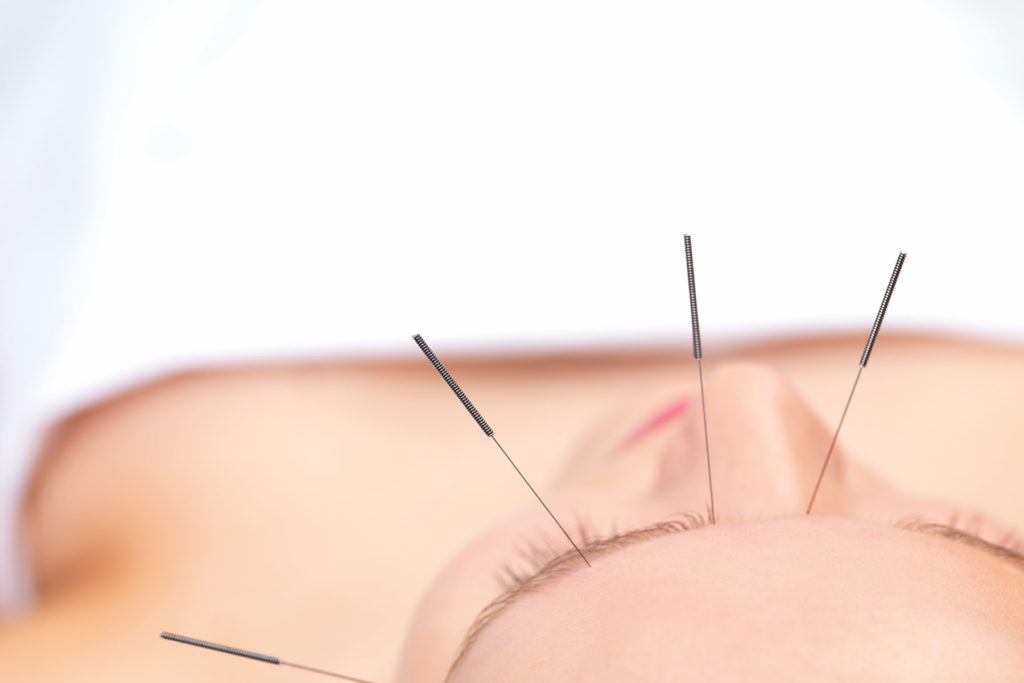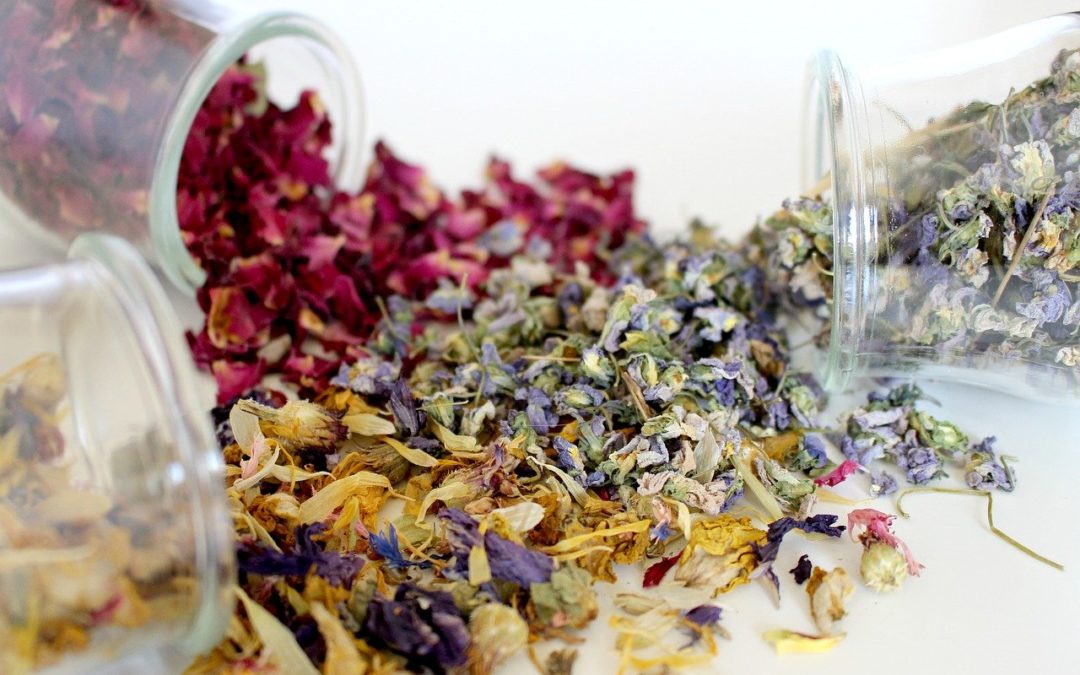What’s the main objective of naturopathy?
Naturopathy boasts an impressive variety of effective measures and therapies. As different as they may be, their goal is always the same: to activate and strengthen the body’s self-healing powers.
While conventional pharmaceuticals suppress symptoms and often cause new ones, the goal of naturopathy is completely different. Naturopathic therapies activate the body’s own self-healing powers to bring about real healing and restore healthy balance.
Ideas and values of naturopathy
The self-healing powers of the organism can be reactivated through protection and relief, or by using certain techniques to activate stimulus.
For a better understanding, let’s take someone with painful joints and look at different treatment options:
- An acutely inflamed joint is first immobilised and carefully moved passively under tension.
- A chronically inflamed joint, on the other hand, is trained appropriately depending on the damage.
In addition, the stimulus strength is individually adapted to the patient and his illness. For example, a vigorous and strong person may take cold showers. Whereas an underweight, weaker person would take warm showers or baths.
Naturopathy thinks holistically
Naturopathy is considered the “teaching of natural remedies and naturopathic treatments”. Naturopathic procedures traditionally root in different cultures around the world. When it comes to physical complaints or illnesses, naturopathy regularly assumes that the harmonic balance in the human organism is casually disturbed.
The goal of many naturopathic procedures is therefore to restore this natural balance in the body gently. It takes into account the relationships between individual organs but also between the physical level and the mental state of the person. Furthermore, it seeks to identify and treat the causes. Especially, in case of chronic diseases, it is important to recognise the “common thread” that led to the profound imbalance.
Natural medicine procedures
According to a definition by Brauchle in 1952 natural therapies methods include: the sun, light, air, movement, rest, food, water, cold, the earth, breathing, our thoughts, our feelings and processes of will.
“Classic” naturopathy generally includes the following naturopathic treatments:
- Hydrotherapy and balneotherapy (water treatments)
- Movement therapy
- Dietetics: support of the treatments by a healthy diet and a diet adapted to the clinical picture.
- Order therapy: balanced lifestyle in a regular rhythm and in harmony with nature. Very important as the observing of the patient’s network of relationships.
- Phytotherapy: use of plants active substances as medicine.

Other methods of naturopathy are:
- Homeopathy
- Traditional Chinese Medicine with acupuncture, herbal medicine, dietetics, Qi Gong and Tuina massage
- Ayurvedic medicine
- Anthroposophic medicine
How to choose a good naturopath
You can recognise a reputable naturopath as someone that :
- has successfully completed qualified trainings in the procedures they use.
- does not offer a variety of treatment methods, but has specialised in a few specific procedures.
- does not recommend that you stop taking medication that a doctor has prescribed for you.
- knows their limits and will refer you to a doctor if your disease cannot be successfully treated with their methods.
- does not give you healing promises.
- does not advertise with spectacular healing successes.
- completes regular training programs.
- does not categorically reject conventional medicine and is also ready to work in cooperation with a doctor.
Today we find many people calling themselves naturopaths after taking some weekend trainings. That’s why it’s always important to inquire about the length and school where the naturopath trained. A comprehensive naturopathic training takes around 20 – 30 months.
Naturopathy is recommended if you:
- want to change and optimise your diet.
- suffer from psychosomatic complaints.
- have sleeping problems.
- have chronic diseases e.g. rheumatism, gout, arthritis.
- suffer from acute events such as lumbago or a cold.
- want to prevent (prophylaxis) and maintain health, e.g. strengthening the immune system.
- want treatment specifically with a special naturopathic procedure e.g. craniosacral therapy, acupuncture, herbal medicine, yoga therapy, etc.
- suffer from musculoskeletal disorders such as spinal or joint problems.
- have skin problems like acne, eczema or psoriasis and are looking for an alternative to cortisone & Co.
- want to address and heal allergies naturally.
- suffer from digestive disorders.
- have autoimmune diseases e.g. Hashimoto, Graves’ disease, etc.
- feel exhausted and tired.
- suffer from hormonal imbalances and diseases such as: infertility, PMS, hypothyroidism, endometriosis, PCOS, etc.


